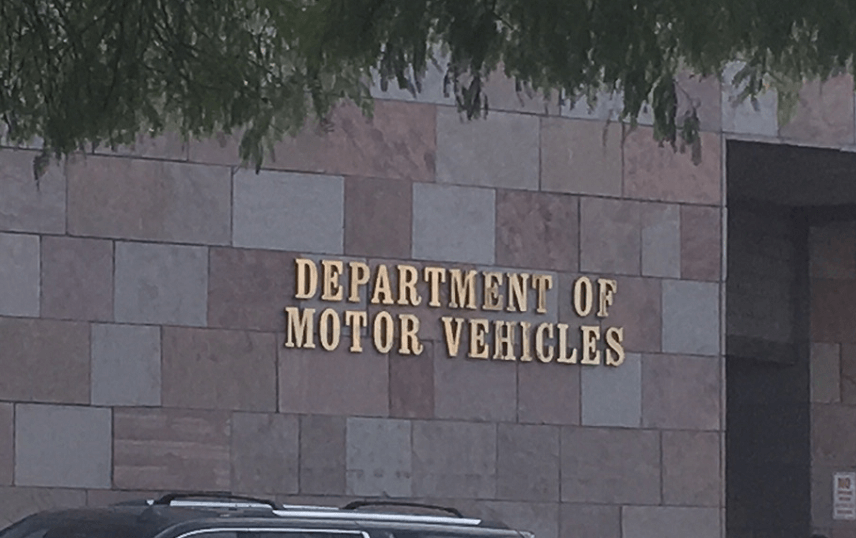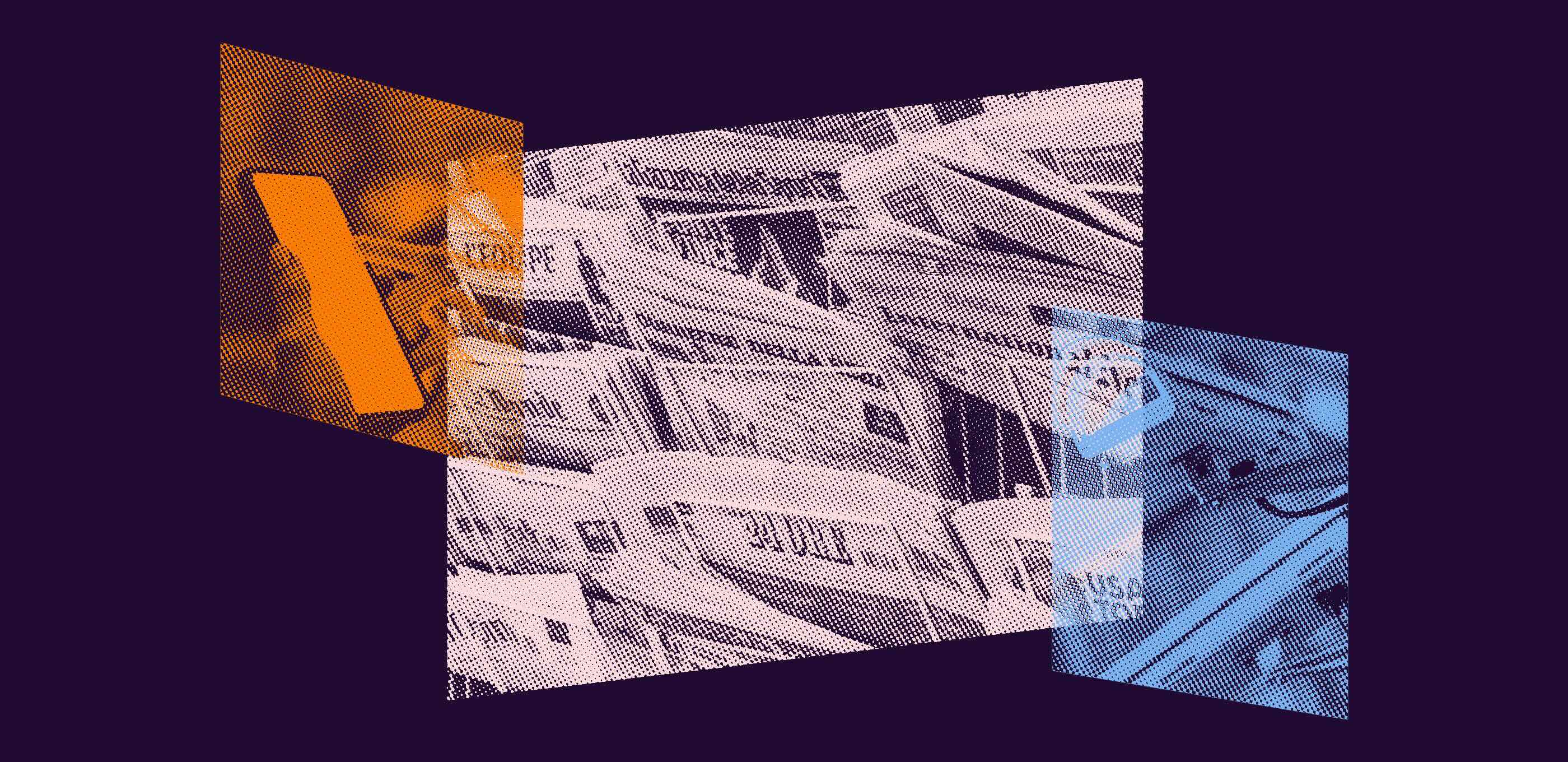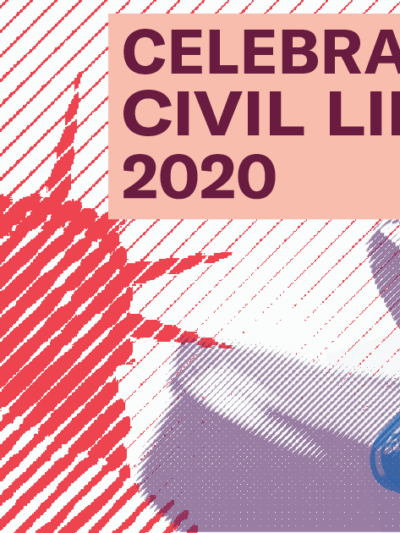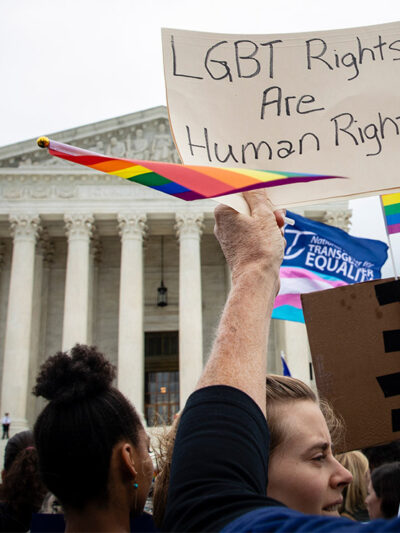News & Commentary
Securing Tenants’ Right to Counsel is Critical to Fighting Mass Evictions
Ending mass evictions is a key racial and gender justice priority. Due to decades of inequalities in our housing system, communities of color and low-income women feel the impacts of eviction the most — Black women in particular.
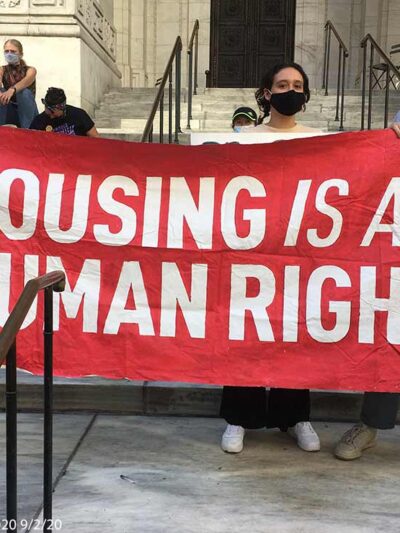
Democracy Persists
It may have been slow — at times excruciating — but our democracy worked as it should have: Every vote will be counted. And the people will choose their leader — rather than leaders choosing the voters.
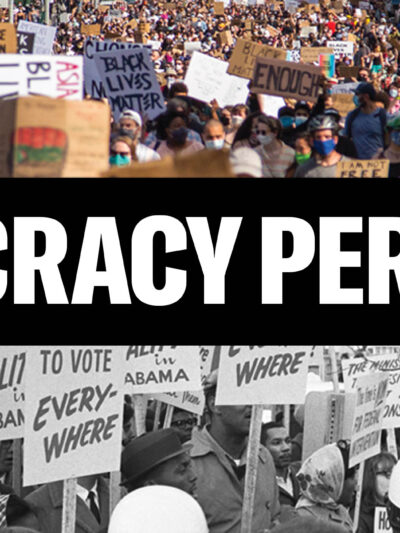
The Dangers of Expanding What Can Be Patented In the Age of COVID-19
Patents dictate who has access to scientific breakthroughs, when, and at what cost. Granting exclusive rights over what belongs to the public impedes, rather than fosters, innovation and discovery.

Moving Forward: Muslims Belong Here
Much like Japanese incarceration, the Trump administration used fear-mongering under the veil of “national security” to further its discriminatory agenda — this time by suspending visas under INA 212(f) to repeatedly ban Black and Brown people.
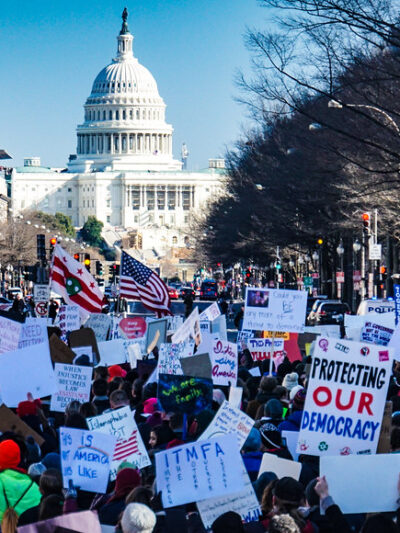
Racial Justice Demands That Every Vote Is Counted
by Lucia Tian, ACLU Chief Analytics Officer and Ben Fifield, ACLU Data Scientist
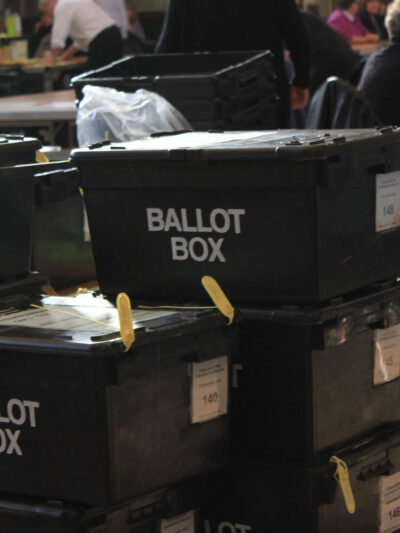
We’re Ready for the Election
With less than a week to go, the only thing we can be sure of is that this Election Day will most likely look, feel, and be different than previous years. We are, after all, living through a pandemic, economic crisis, fight for racial justice, and an election season.
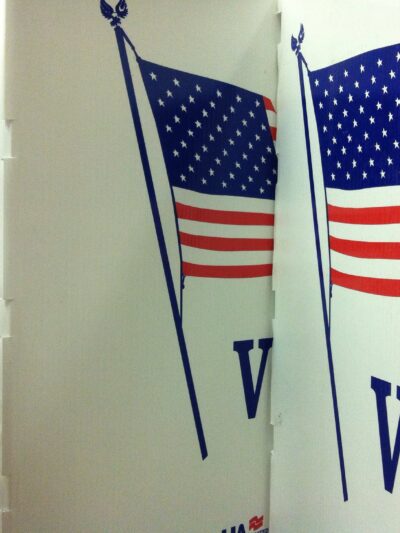
Dear Congress: Platform Accountability Should Not Threaten Online Expression
Section 230 protects people’s ability to create, communicate, and build community online. The ACLU will remain vigilant in ensuring that the internet continues to be a place for self-expression and creation for all. We urge members of Congress to do the same, particularly as they examine proposals.
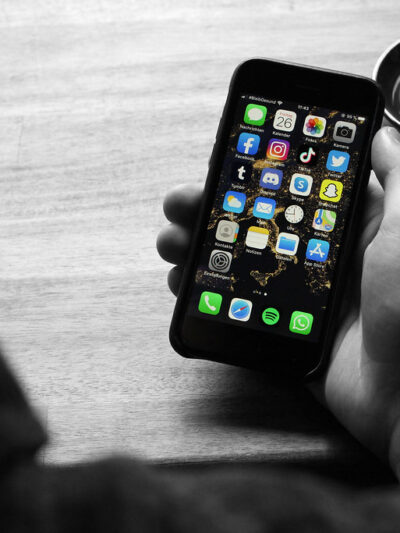
Stay Informed
Sign up to be the first to hear about how to take action.
By completing this form, I agree to receive occasional emails per the terms of the ACLU’s privacy statement.
By completing this form, I agree to receive occasional emails per the terms of the ACLU’s privacy statement.

